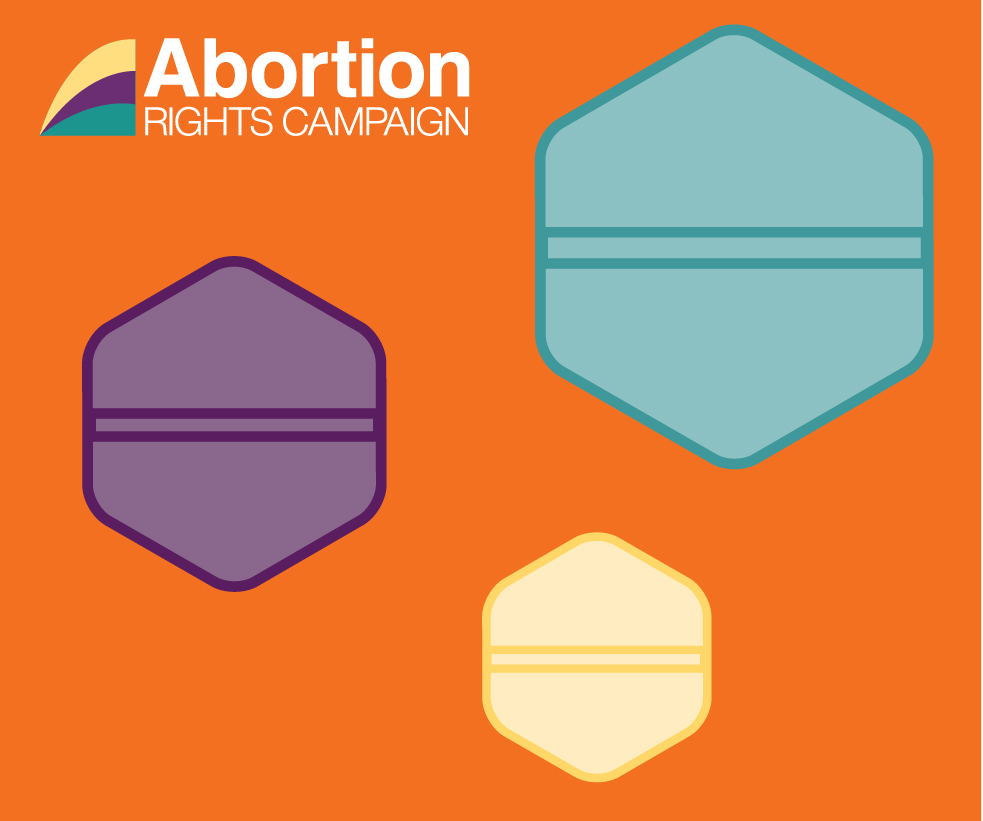
Study confirms use of safe but illegal abortion pills on the rise in Ireland and Northern Ireland.
A new British Medical Journal (BMJ) study has confirmed what the Abortion Rights Campaign (ARC) have known for some time: increasingly, people in Ireland and Northern Ireland are using safe but illegal pills to access the abortions they want but are denied by their moralistic, hand-wringing legislators. The results of the study are in keeping with the worldwide trend of pills being used illegally in countries with restricted access.
Speaking today on the findings of the study ARC spokesperson Linda Kavanagh said: “Often media reports in Ireland imply early medical abortion with pills is unsafe – this study shows that that simply isn’t the case. In countries where medical abortion is legal, women are largely unsupervised while taking the pill. In the UK for example women ingest the first pill at an abortion clinic, but then go home to have their abortion.”
Ms Kavanagh also said that despite the safety of the pills, abortion seekers still need access to professional health care and advice when taking abortion pills: “In the study, we concretely see that the vast majority of women who accessed a medical abortion needed no medical follow up. However there is a low risk of complications, and follow up care should be available in Ireland without fear of legal consequences. As it stands, women are relying on the British Pregnancy Advisory Service’s (BPAS) helpline established for women in Ireland and Northern Ireland for information on the procedure.”
“Our governments continue to shirk their responsibility to women despite having a clear mandate to introduce proper abortion access North and South, following the results of the Citizens’ Assembly and various reports by human rights watchdogs. Our politicians are happy to outsource their responsibility to other countries and organisations that provide the abortion pill illegally. While we are grateful to organisations like Women on Web and Women Help Women, it is not good enough that women on the island of Ireland get their abortion pills from the Internet.”
Ms Kavanagh concluded that the criminalisation of abortion continues to put women and pregnant people at risk: “Women are afraid to access post abortion care, or to seek assistance during their abortions because of the very real threat of a 14 year prison sentence imposed by the PLDPA, and risk of life imprisonment under Northern Ireland’s ancient law. Recent raids by the PSNI have made women there even more unlikely to seek follow up care.” she said.
“Our current laws are irresponsible, cowardly and lazy. If the physical and mental health of women on this island is being put at risk, it is the fault of our legislators – and not these pills which have been used safely, in both supervised and unsupervised contexts for almost 30 years. If our politicians genuinely care about the lives and health of people in pregnancy, then they must legislate for free, safe and legal abortion access.”

